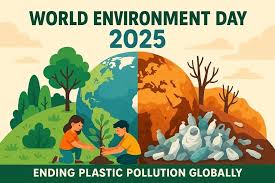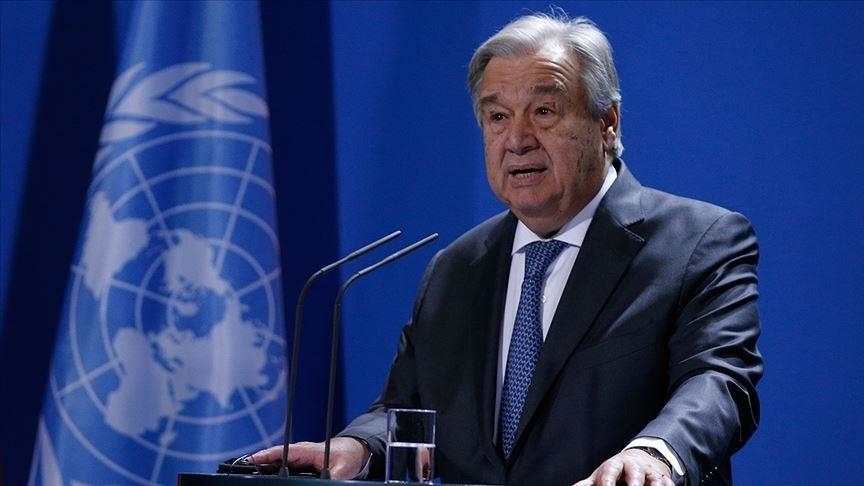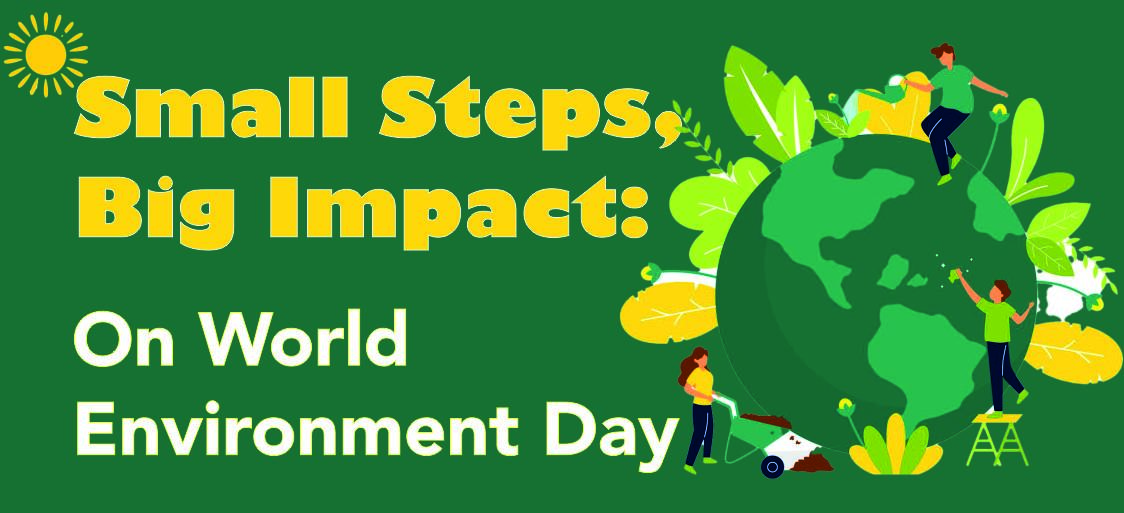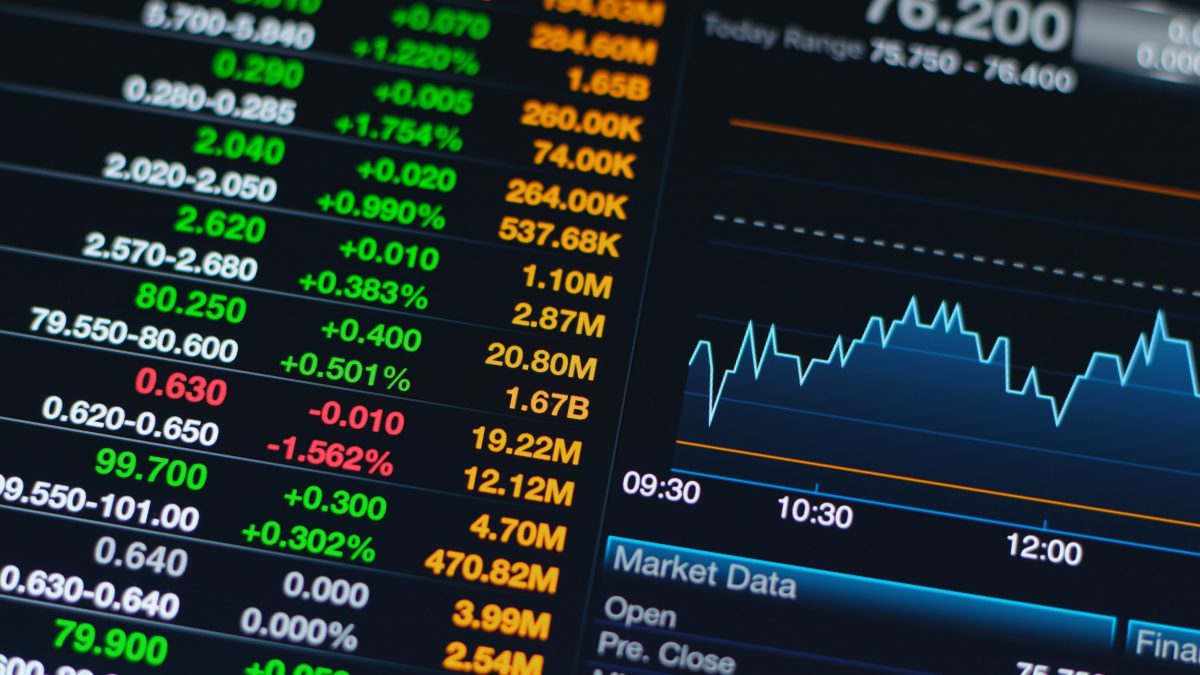World Environment Day 2025: Global Urgency to “Beat Plastic Pollution”
June 5, 2025 — Marking World Environment Day this year, the global community is urged to confront the escalating crisis of plastic pollution under the theme “Beat Plastic Pollution.” According to the United Nations Environment Programme (UNEP), annual global plastic production has surged dramatically—from 2 million tons in 1950 to over 430 million tons today.
The World Economic Forum highlights a grim reality: out of 350 million tons of plastic waste generated annually, approximately 19 million tons escape into the environment. This includes 13 million tons contaminating land and an additional 6 million tons polluting rivers and coastlines worldwide.
Alarm bells were sounded in 2022 by the Organisation for Economic Co-operation and Development (OECD), warning that if current consumption and disposal patterns persist, plastic waste could nearly triple by 2060. Shockingly, half of this waste would likely end up in landfills, while less than 20% would be recycled.
Rwanda’s Leadership and Europe’s Regulatory Push
Rwanda has gained international recognition as a leader in combating plastic waste. Since banning plastic bags in 2008, the government has coupled regulation with comprehensive public education and investments in biodegradable alternatives. Rwanda also spearheads the High Ambition Coalition, which aims to end plastic pollution by 2040.
In Europe, the European Union’s Single-Use Plastics Directive, implemented in 2021, has outlawed ten common plastic items frequently found on beaches, such as cutlery and straws. Additionally, the EU’s Packaging and Packaging Waste Regulation introduces binding goals for all packaging to be recyclable by 2030, reduce the use of virgin raw materials, and progress toward climate neutrality by 2050. Early adopters like Germany, Slovenia, and the Netherlands are already recycling more than half of their plastic packaging waste.
Proven Strategies in Plastic Waste Reduction
Experts highlight three critical lessons from global efforts:
-
Bans need alternatives: Rwanda’s success demonstrates that plastic bans must be supported by affordable, locally produced alternatives.
-
Deposit-return systems work: Germany’s deposit-return program boasts a 98% return rate for single-use beverage containers, facilitated by substantial deposits, thousands of return locations, and a growing share of refillable containers.
-
Transparency combats greenwashing: France’s Anti-Waste for a Circular Economy law mandates clear environmental labeling, including recyclability and microplastic content, enabling consumers to make informed choices.
Consumer Role and Policy Imperatives
While legislative measures such as Extended Producer Responsibility laws are vital for holding companies accountable for the entire lifecycle of plastic products, consumer awareness and behavior remain crucial. Moving beyond ambiguous “recyclable” claims, individuals are encouraged to reduce plastic consumption by choosing reusable and refillable options and supporting truly sustainable companies.
As World Environment Day 2025 underscores, tackling plastic pollution requires a concerted effort from governments, industry, and citizens worldwide. The time to act decisively for a cleaner, sustainable planet is now.









